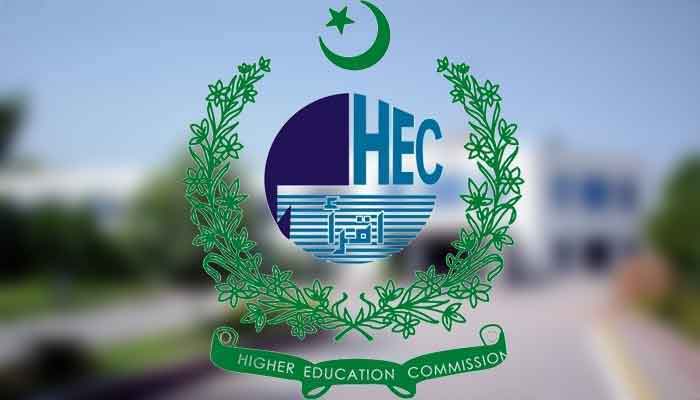Economic Profile of Tribal Areas in South Punjab: Analyzing Opportunities and Challenges for Sustainability
Keywords:
Economic Profile, Tribal areas, Opportunities, ChallengesAbstract
This research aims to examine the economic profile of tribal regions in South Punjab, focusing on the tribal areas of Taunsa Shareef. The analysis is both quantitative and qualitative. The independent variables include income, professional standing, social networking, land ownership, sources of credit, credit purpose, and savings, whereas the dependent variable is the economic profile index. A questionnaire survey and interviews were used to obtain data from 206 respondents and were analyzed using various statistical techniques such as correlations, regression, and analysis of variance tables. The findings reveal that the tribal districts of South Punjab have an unsatisfactory economic situation. Tribal people also have difficulties obtaining higher education, farming, and using government programs. There is a strong connection between independent and dependent variables in regression analysis. The most significant influencing element is determined to be one's professional position. According to the findings, the government should first offer essential services like education, health care, and infrastructure to tribal people in tribal regions to improve their economic situation and ensure sustainable growth. This study has presented several practical implications to be considered by policymakers.
Downloads
Published
How to Cite
Issue
Section
License
Copyright (c) 2021 Journal of Contemporary Macroeconomic Issues

This work is licensed under a Creative Commons Attribution-ShareAlike 4.0 International License.







